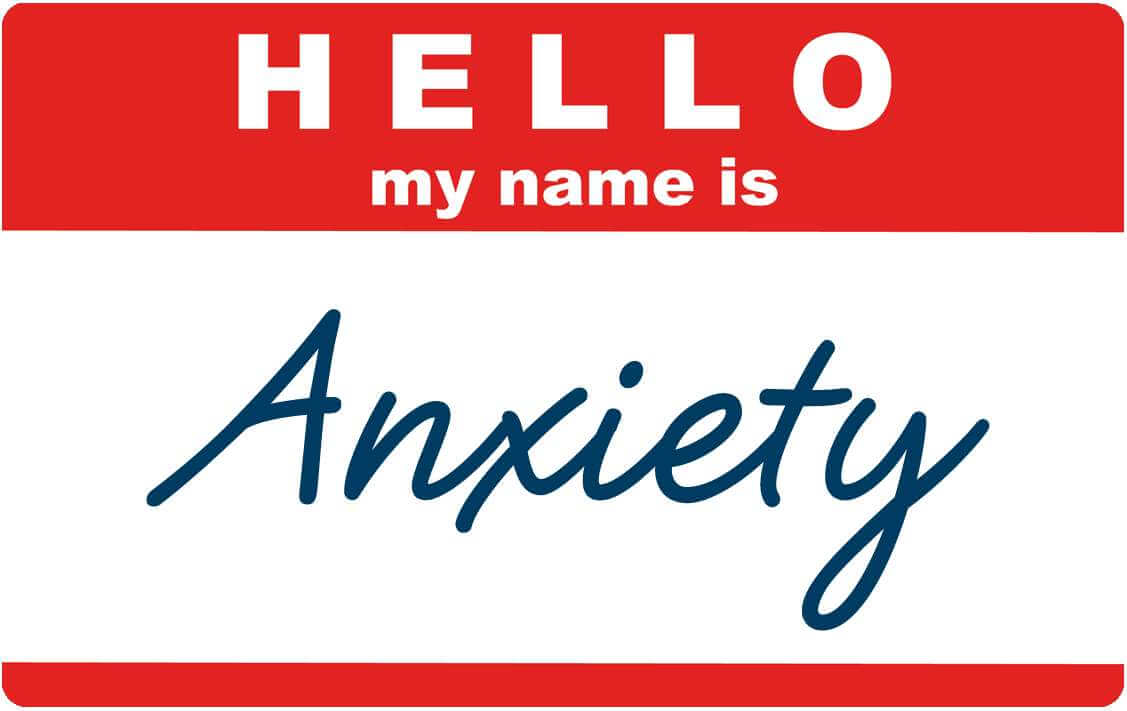Sleep difficulties: Insomnia
Posted on June 14th, 2017
Sleep and Insomnia 
I usually pride myself as being the ‘queen of sleep’. Mostly I can sleep anywhere and at any time. However, occasionally even I will have difficulties getting back to sleep in the middle of the night. It doesn’t happen often, but sometimes my mind just doesn’t want to stop.
Insomnia is when you regularly find it difficult to fall asleep or stay asleep. It could be that you have difficult falling asleep, or can fall asleep but wake up after a while, or have early morning waking.
Interestingly, insomnia is triggered by hyperarousal or arousal rather that a problem with sleep itself. So in other words, our mind just won’t stop or is very awake. However, when we get to sleep, the sleep itself is fine.
There are two main issues that people with insomnia face:
- Too much attention to falling asleep, and when this doesn’t happen, then attention goes to ‘trying’ to fall asleep, which in turns increases likelihood we will have increased wakefulness.
- Too much stimulation or difficult ‘turning off’ our wakefulness.
Most insomnia is a combination of both of these factors.
People who experience insomnia tend to have some very unhealthy habits and thoughts about sleep. For example, will avoid sleep (going to bed very late) or will dread the thought of going to sleep. They will tell themselves how awful they are at sleeping. They may also have unusual sleep patterns and use food and caffeine to increase energy levels.
What can we do?
An effective therapy to assist with insomnia is called CBT-I (Cognitive Behavioural Therapy for Insomnia).
CBT-i is aimed at changing sleep habits and scheduling factors, as well as misconceptions about sleep and insomnia, that perpetuate sleep difficulties. CBT-i helps you change actions or thoughts that hurt your ability to sleep well. It helps you develop habits that promote a healthy pattern of sleep.
Challenge your thoughts:
Rather than saying to yourself “I’m a terrible sleeper”, tell yourself “ I can sleep well, I just have trouble with an overactive mind as I’m falling to sleep”.
Caffeine, Nicotine and Alcohol:
Some adults do not understand the effects of caffeine on wakefulness. Caffeine is a stimulant and will wake your brain up. Therefore if you are having difficulties with arousal at bed time it is essential that you either avoid caffeine altogether or at least significantly restrict it.
Caffeine is found in coffee, tea, cola, energy drinks, and chocolate.
I usually suggest not consuming any caffeine after lunchtime if you are having difficulties with an overactive mind during the night.
As for smoking, it takes 2-3 hours for the effects of nicotine to wear off. In some cases the smoker may wake to smoke!
Usually any more than one or two alcoholic drinks will affect a person’s ability to sleep. Although you might be able to fall asleep, it is usually a more disturbed and unsettled or you will experience wakefulness later in the night/early morning.
Technology 
Research has shown that two hours of computer/device use at maximum brightness was enough to suppress people’s normal nighttime release of melatonin. Melatonin is a hormone responsible for regulating the body’s clock and circadian systems. In other words, we need melatonin to be released in our brain to tell us it’s time to turn off. Melatonin is only released when it becomes dark, so when we are around bright lighting (including blue light from screens), then our brain will not release the hormone it needs to tell itself it’s time to go to sleep.
Turn down the brightness of your glowing screens before bed – or read printed materials instead. Or even better, avoid screen time altogether for at least an hour before bedtime.
Healthy Sleep Practises:
Here are some good tips in reducing arousal when trying to go back to sleep.
- Curtail time in bed to match sleep time
- Take the “trying” out of sleep
- Eliminate the bedroom clock
- Ensure regular physical exercise either in morning, daytime or evening, but not too late at night
- Avoid caffeine, alcohol and nicotine
- Have regular bedtimes
- Avoid being too full or too hungry when attempting to sleep
- Explore napping – short naps of 20-30 minutes could be useful but avoid long naps, especially later than 3pm
- Role of hypnotics – sleeping tablets can have benefit short-term and should be discussed with GP
- Turn off ‘screens’ at least 1 hour before sleep time, or at least turn them down.
- Ensure the bedroom is not too hot or too cold
- Ensure adequate exposure to natural light
 Recommended reading: Some self-help books on insomnia that are particularly good are:
Recommended reading: Some self-help books on insomnia that are particularly good are:
- The Insomnia Answer by Paul Glovinsky and Art Spielman
- Quiet Your Mind and Get to Sleep by Colleen E. Carney and Rachel Manber
- Sleep Well Live Better: 3 steps to good sleep by Helen Wright and Leon Lack.
If you find you can still not get to sleep, then maybe it’s time to chat to a psychologist for assistance.
Written by Judy Travis


